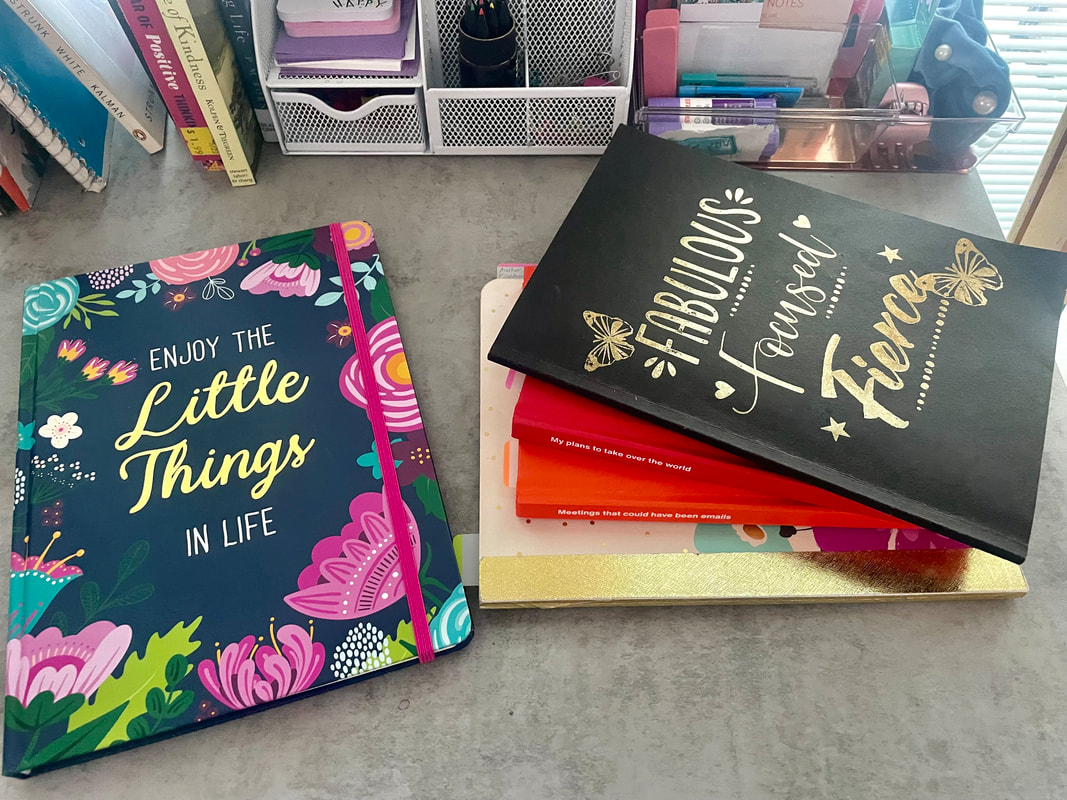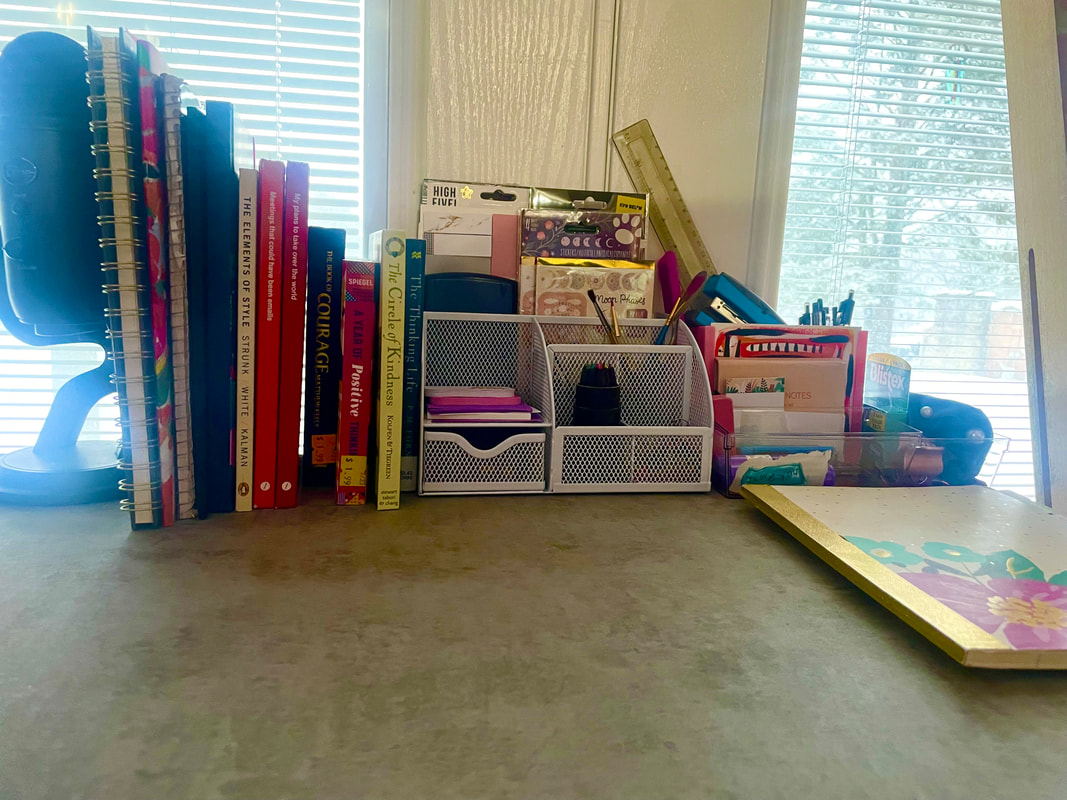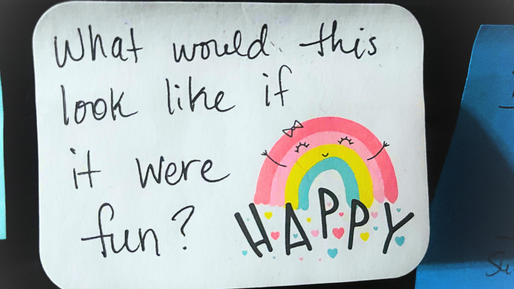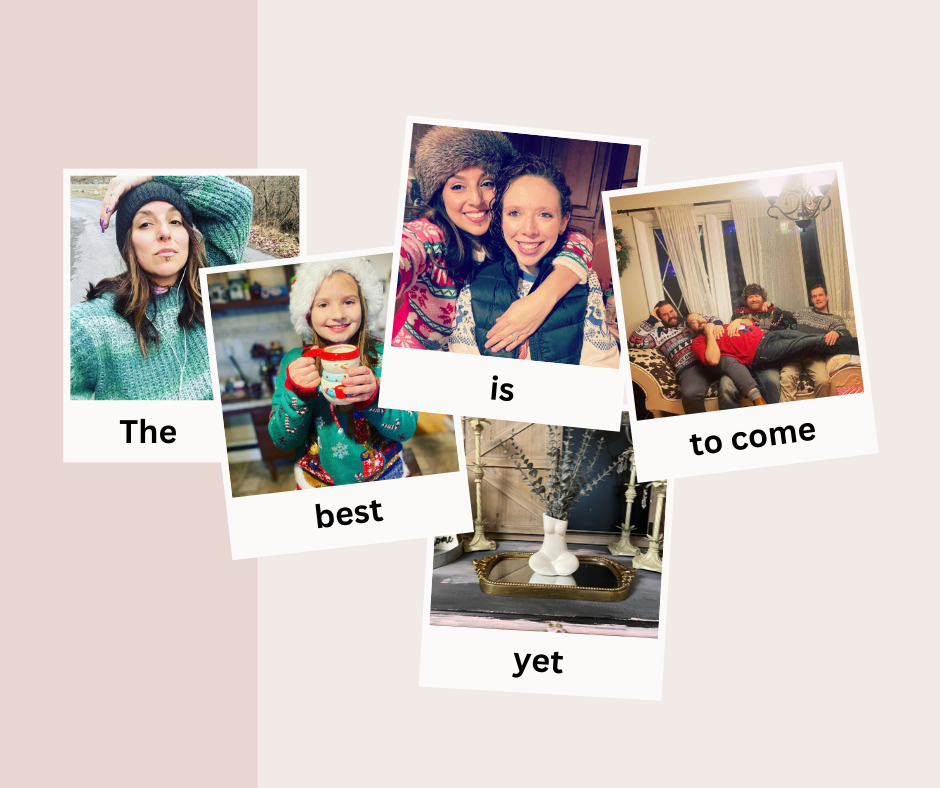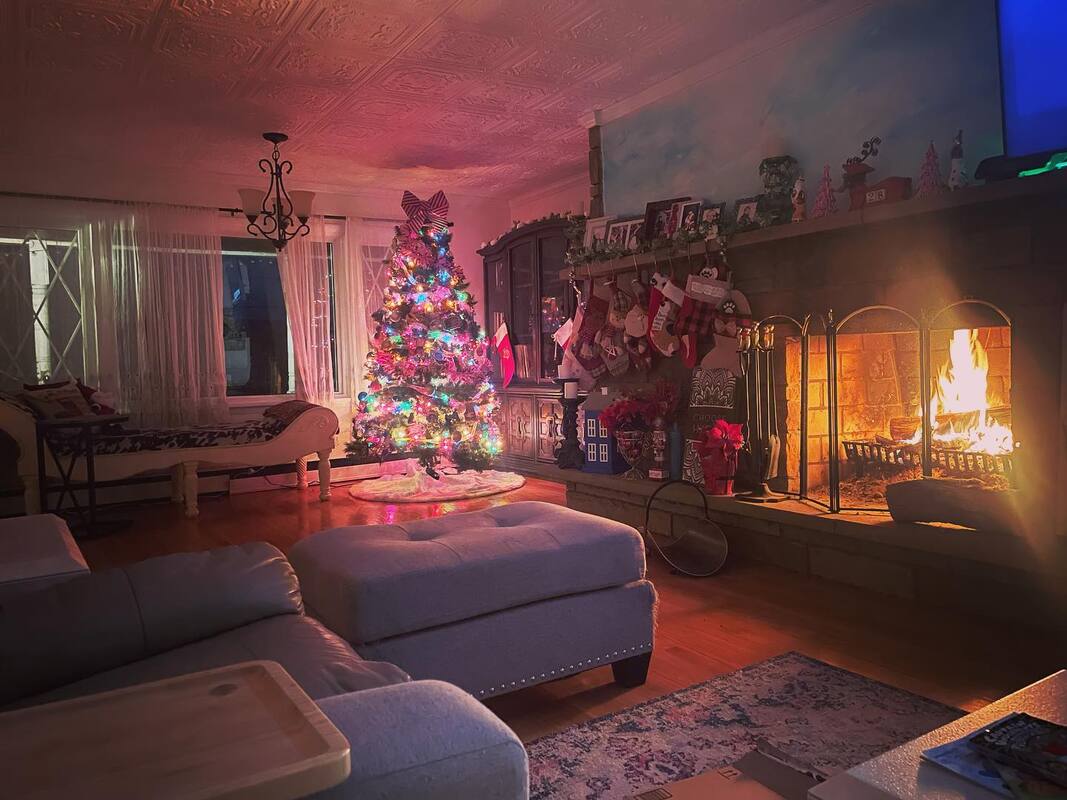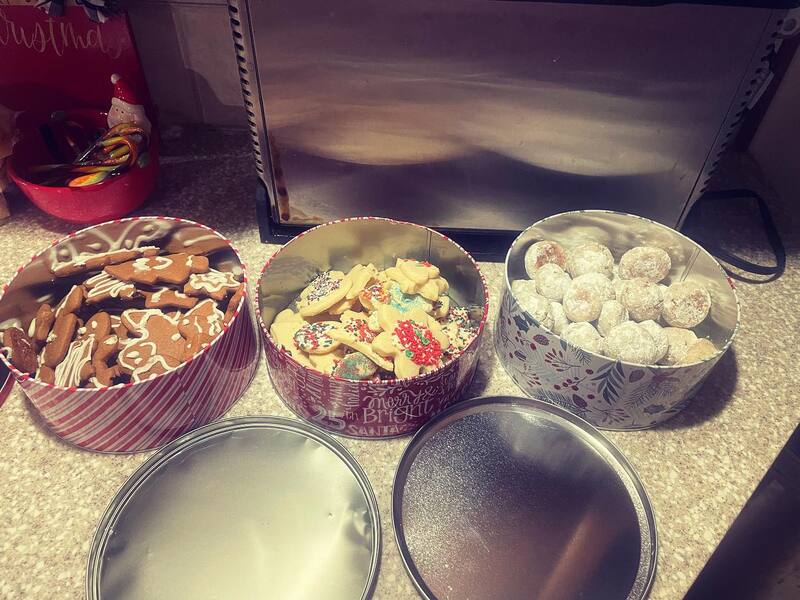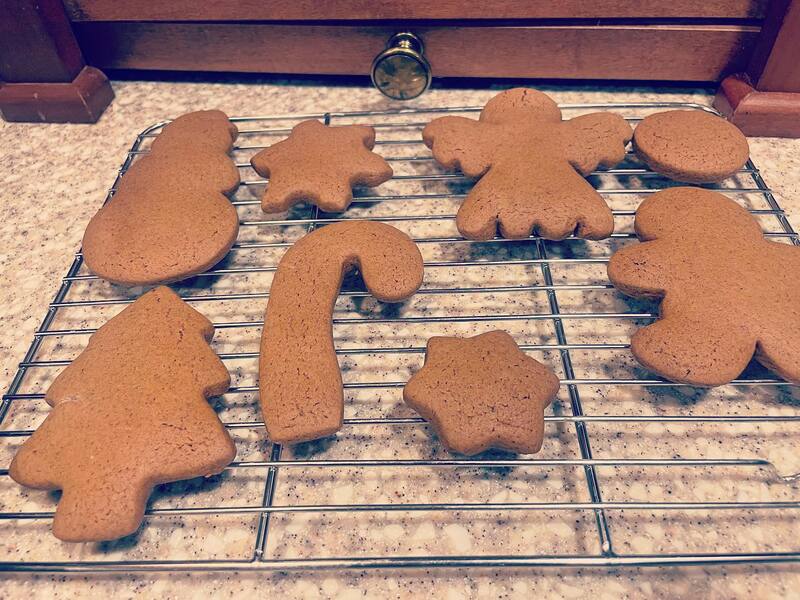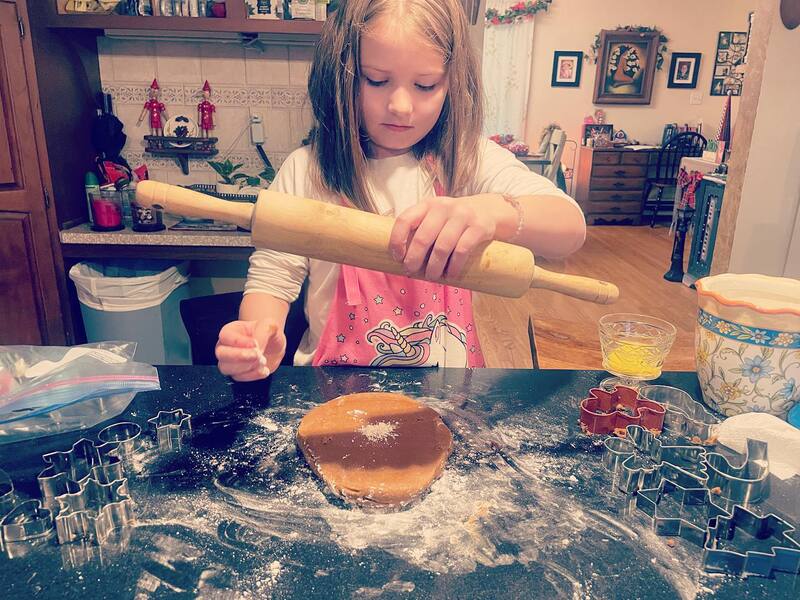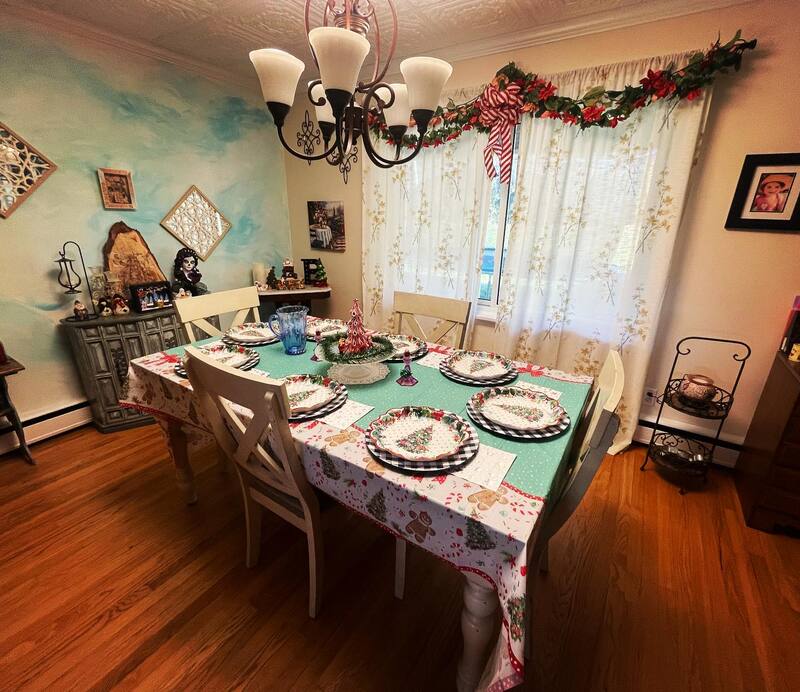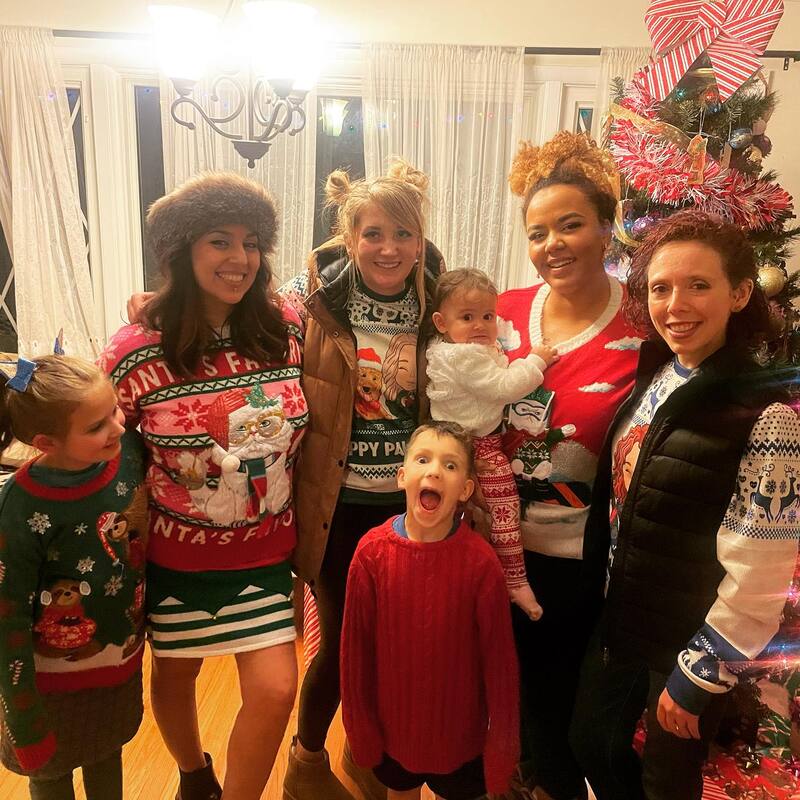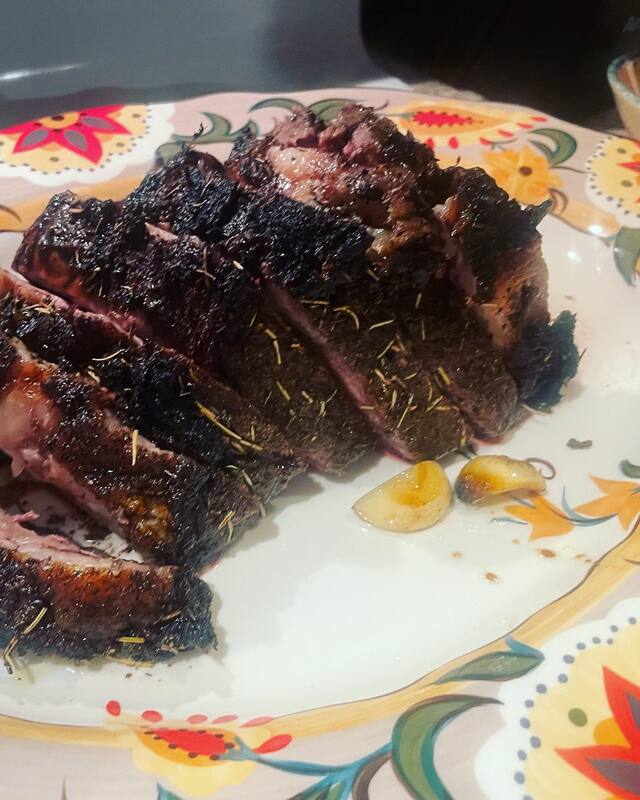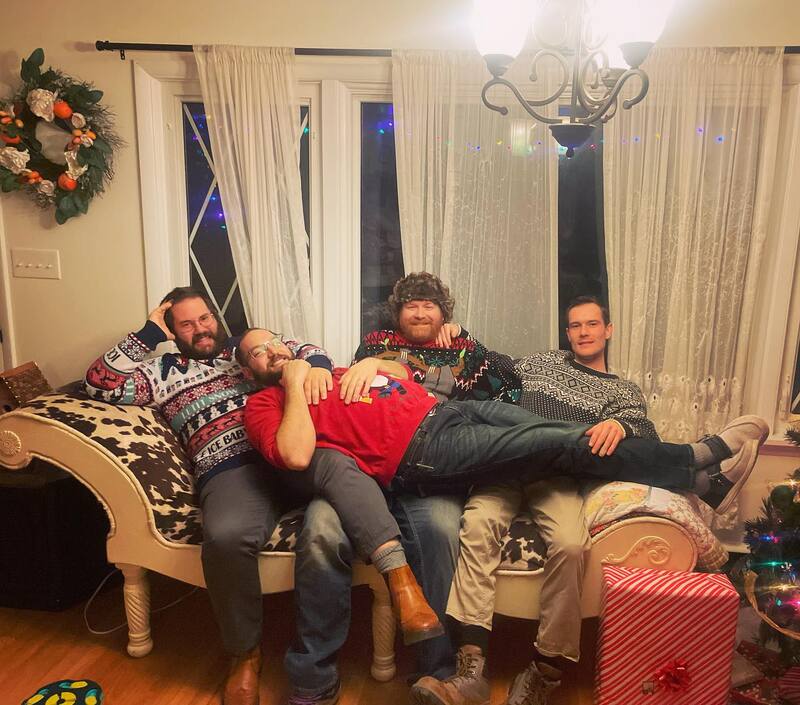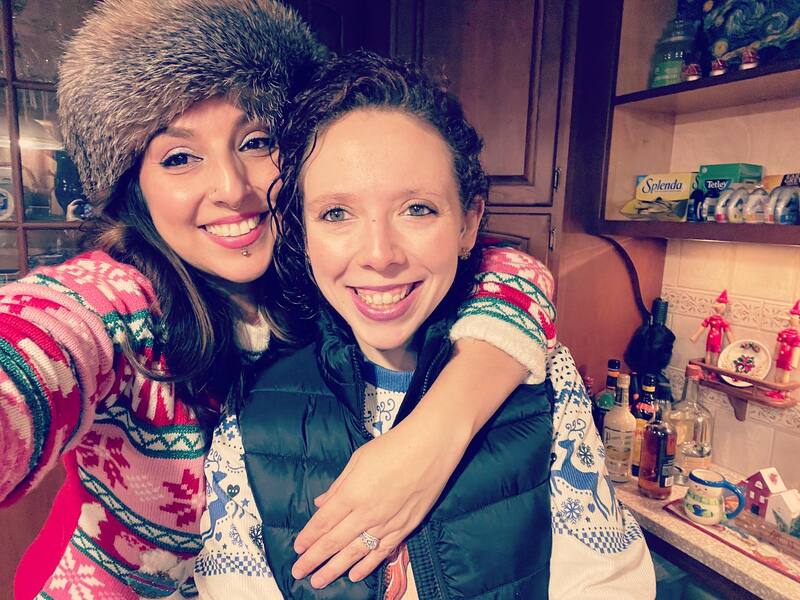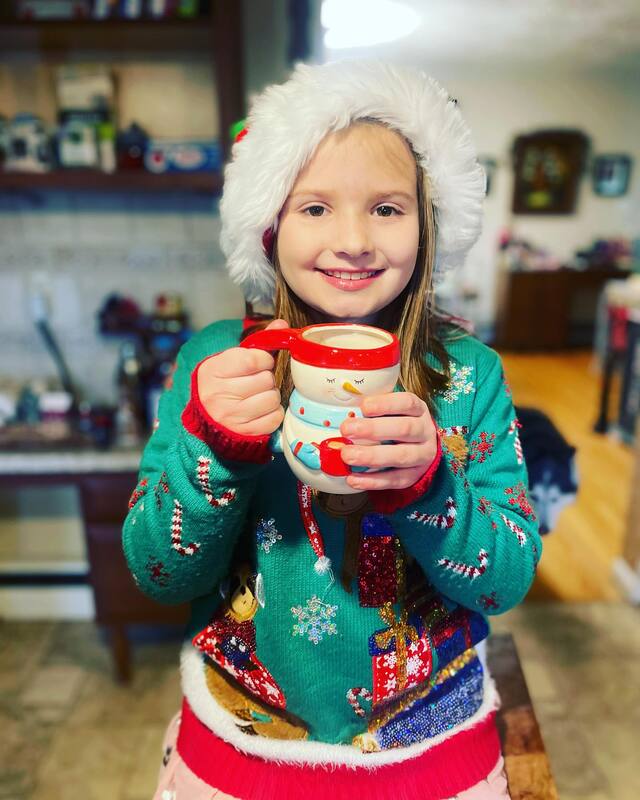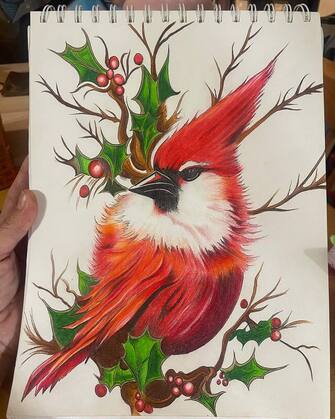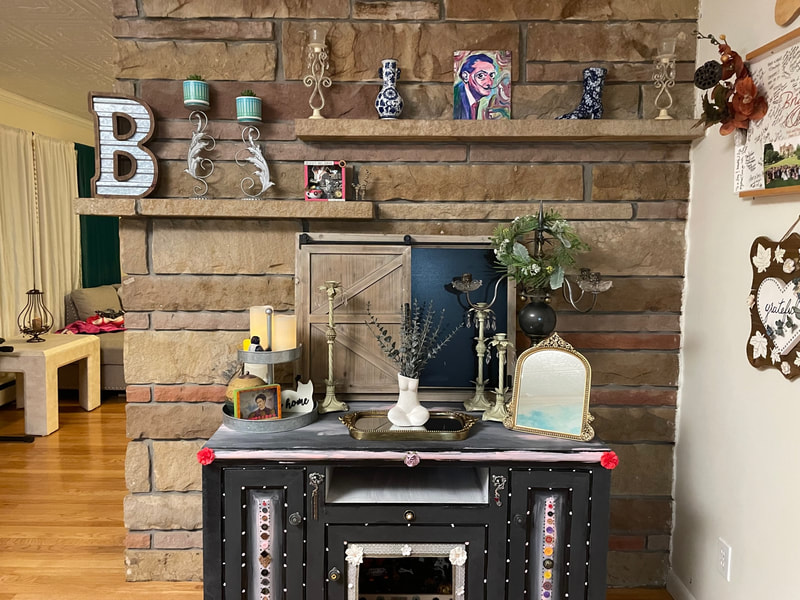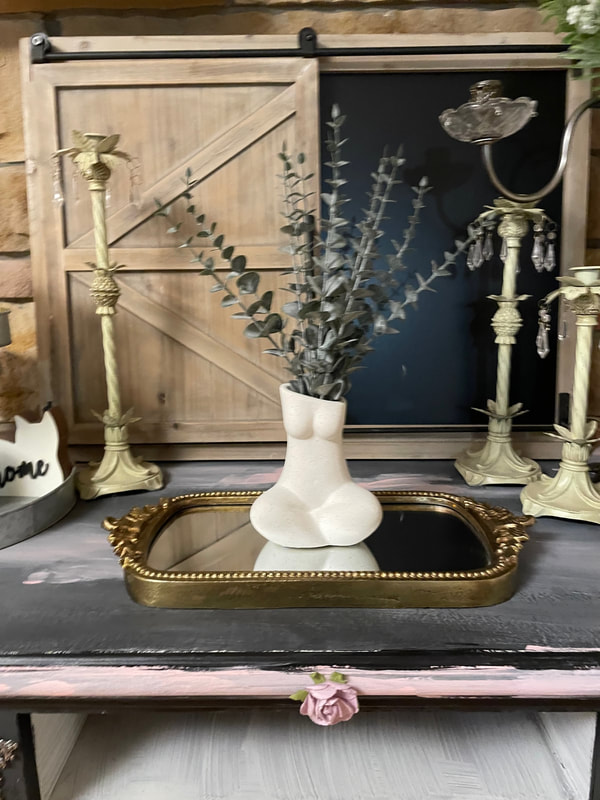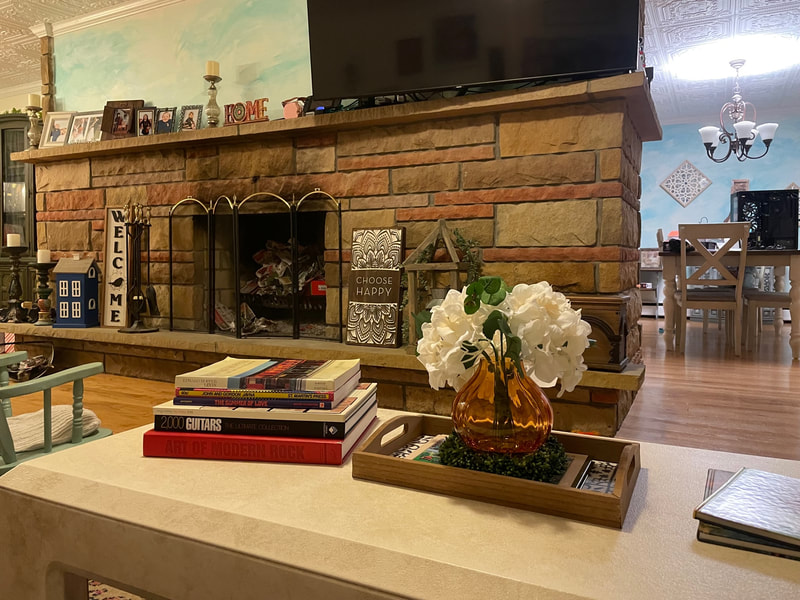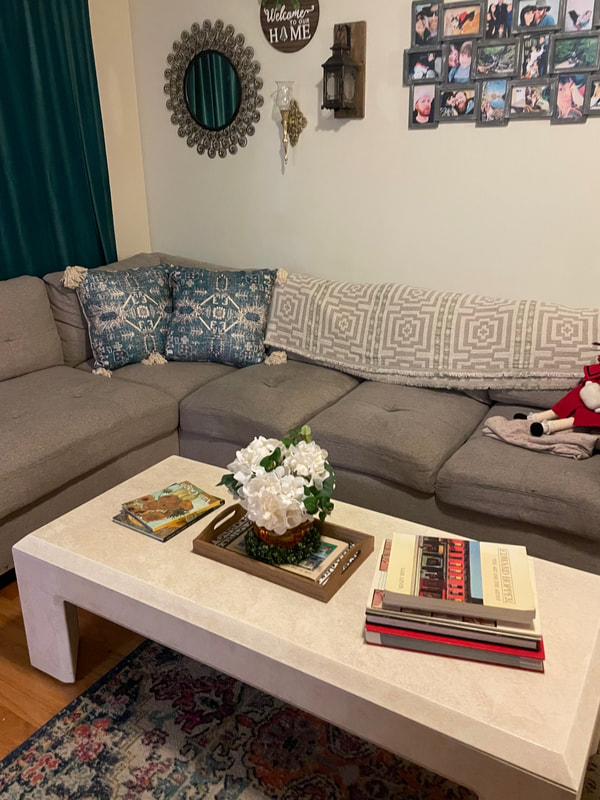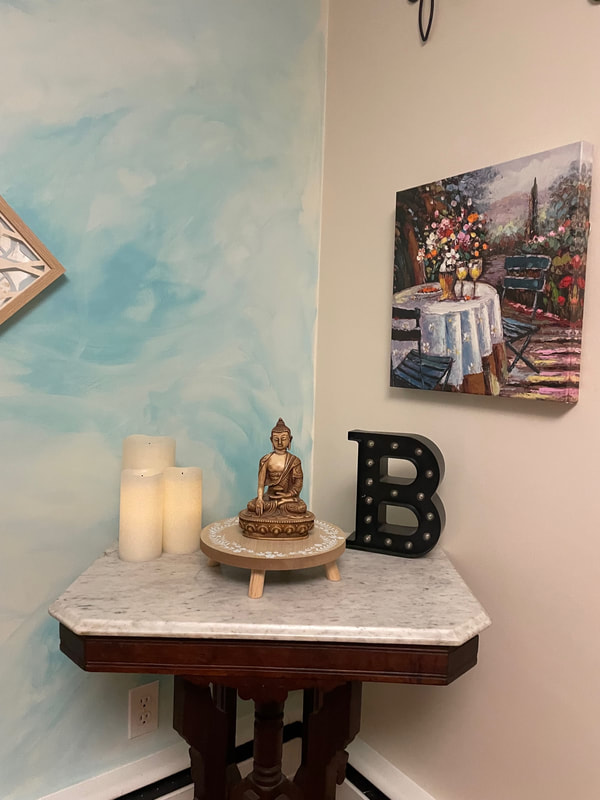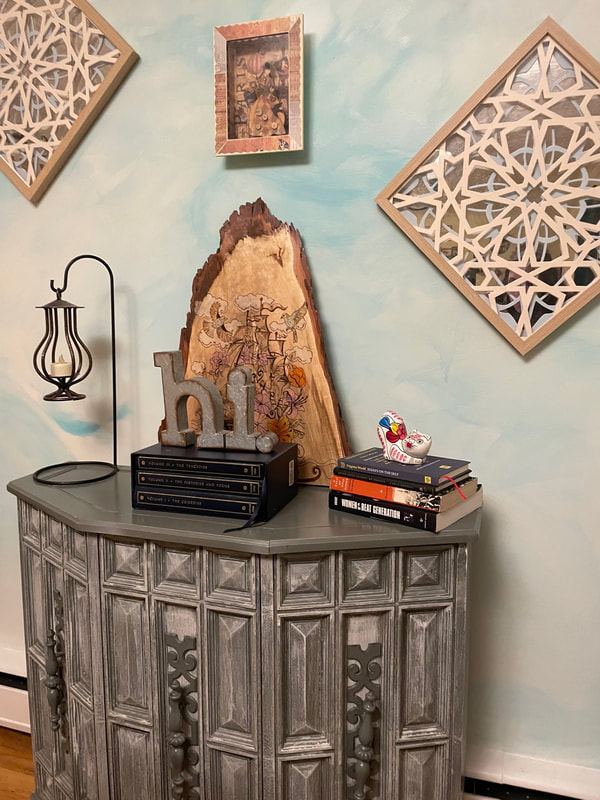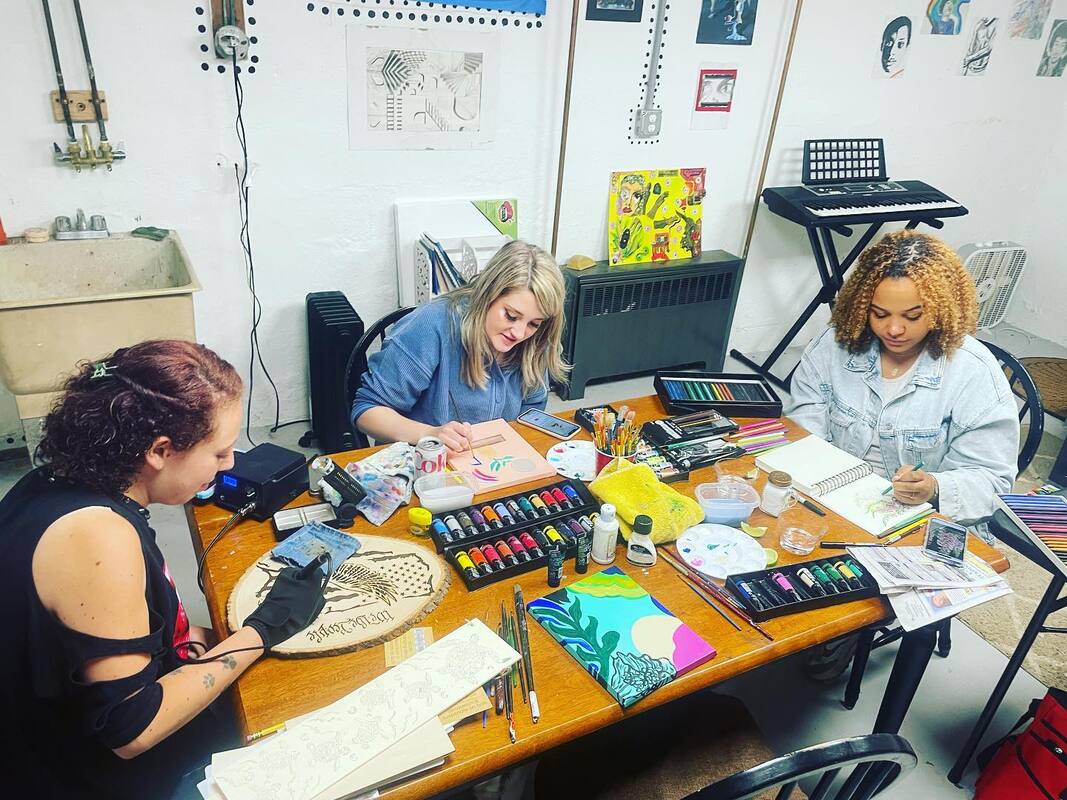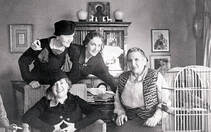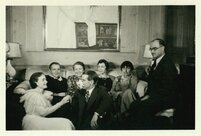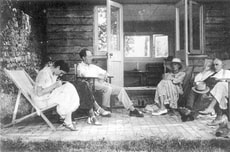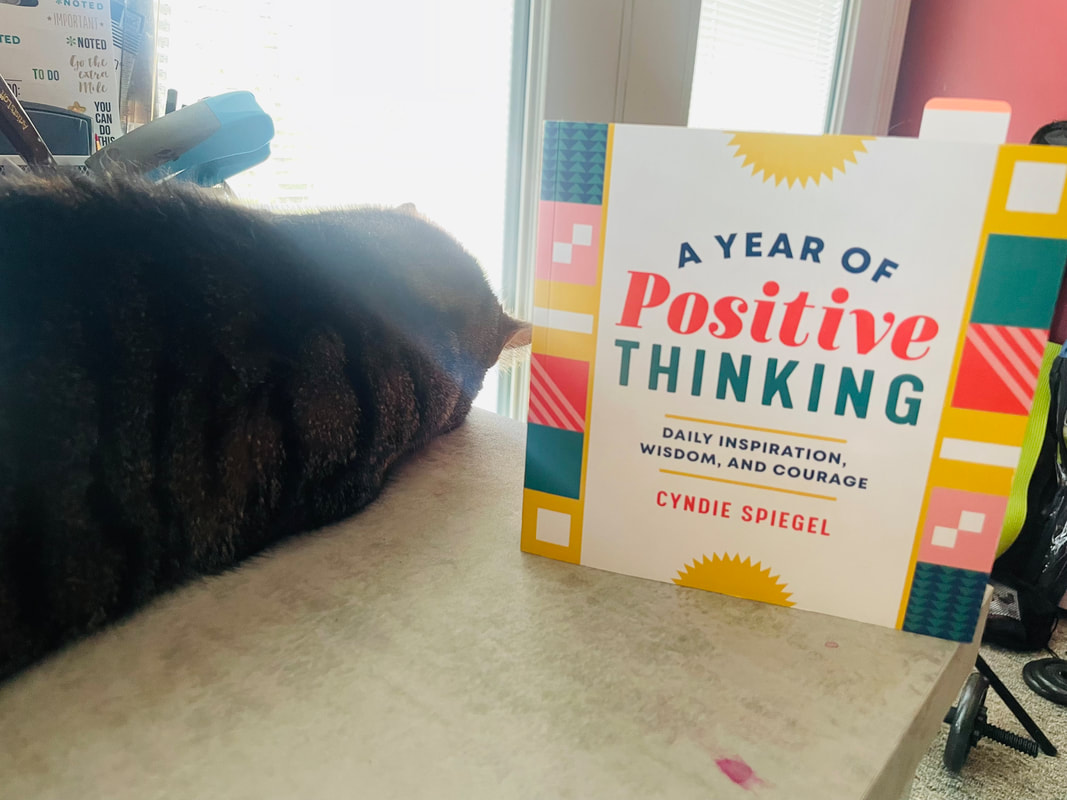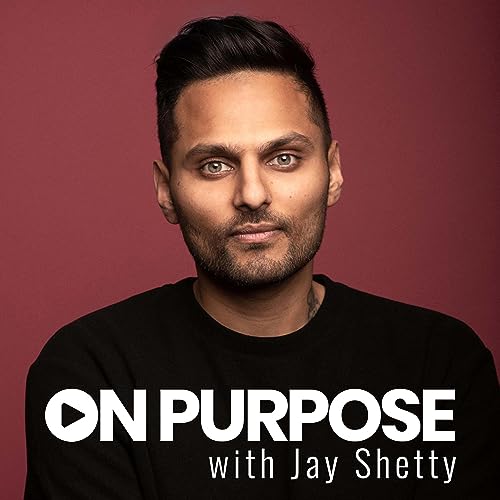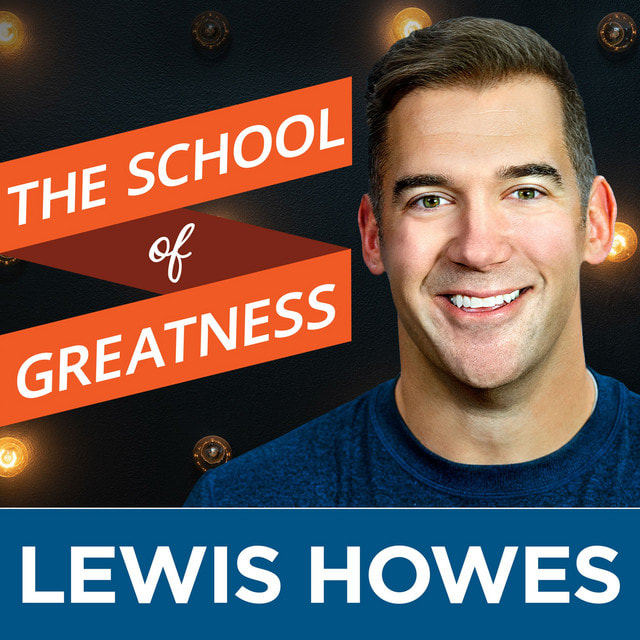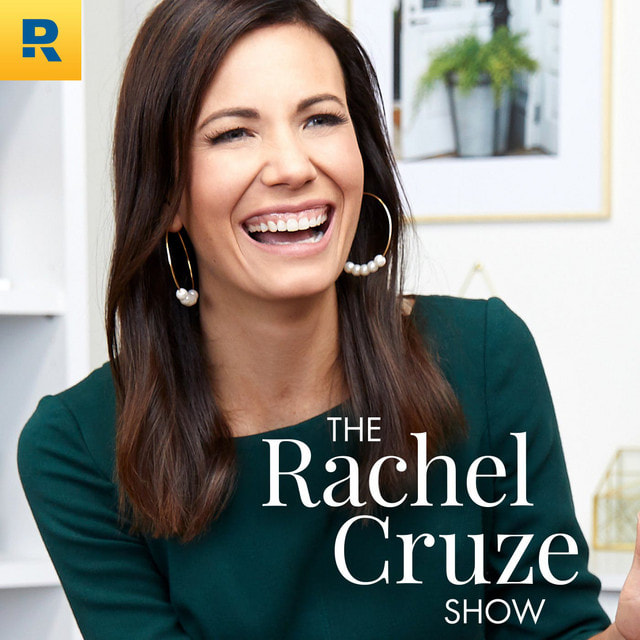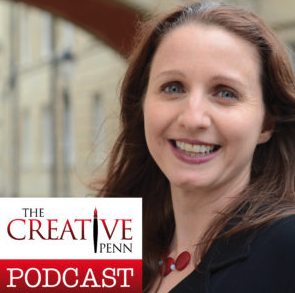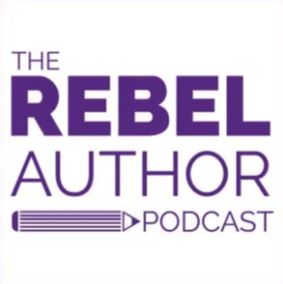|
Okay, first off - I’m obsessed with all things for office organization and I have an addiction problem…to notebooks. Here’s the thing, I use all of them so it’s not a wasted endeavor. All my notebooks have a purpose: some capture notes from my daily learnings and others are for my content planning. Now picture this: post-its in all colors. Color palettes for every season, holiday, mood for post-its. Post-its with designed borders. I strive to one day be a person who has post-its all over my house. I started out as an average post-it user, grabbing an occasional one to jot down an important date or message. Then, it stuck to me, just like the adhesive that makes a post-it exist - I needed to write down the deep insights of the inner workings of our being. You get my drift. Those of you who downloaded my free e-book Six Mantras I Live by for a Happy Life, know that one of those mantras is always be learning. (Refresh this page and enter your email in the pop-up to get this free ebook!) Everyday I feed my mind with knowledge in the form of podcasts, books, videos, blogs, etc. The best part of feeding your soul with knowledge is that you’ll hear epic lines dropped, mic dropped quality. When I hear or read a quote that resonates, it’s post-it time! It’s important to me to remember and memorize the lessons I learn each day. So here it is, the current post-it note I have hanging on my desk. What would this look like if it were fun?!I recently heard this while watching Lewis Howes, host of The School of Greatness, interview Ali Abdaal, a medical doctor who left that profession and became a productivity expert. Here’s the interview with Abdaal talking about “what would this look like if it were fun” at timestamp 45:03. This is his advice whenever we are feeling anxious or stressed about tasks where procrastination tries to take over. From completing a mundane task at work to decluttering a room in your home, ask yourself, “what would this look like if it were fun?”
I’ll be putting this to the test over the weekend. My best friend asked for help in cleaning and organizing her art studio. She admitted to me the anxiety and dread of having to complete this, a feeling we are all familiar with. I plan to share this experience with before and after photos of her studio along with an update on how our experiment unfolded, the experiment of asking ourselves “what would this look like if it were fun?” I challenge you, dear reader, to ask yourself this question the next time you are faced with something you know you have to get done but that you are dreading. I have one: I need to write up and publish my blog disclaimer - it seems SO boring but I know it’s necessary. Can you think of something right now in your life that you’ve been procrastinating on? Tell me in the comments and what’s your idea of what it might look like if it were fun?
0 Comments
I’m not big on New Year’s resolutions. I don’t believe in monumental change for the sake of a new year. I’ve found it’s more sustainable to practice continuous improvement each day by setting achievable goals. I like to use the downtime during the holidays to sit and think. Sit. And. Think. New ideas and creativity manifest from reflective thought, a simple act robbed of many by today’s distractions. Sitting in front of my brick fireplace, snap crackle pop, new ideas flickered behind my eyes, and I told myself, "I will create more. I will write more, make more art, write more songs." Get ready for more rap videos, live art sessions and more. Baking cookies from scratch (all from Pinterest: gingerbread, pecan snowballs, and sugar cookies), dirtying the kitchen with flours of love and the warmth of molasses, I smiled with thoughts of more cooking and sharing recipes with you. Preparing for our holiday dinner party, cooking prime rib for the first time (easier than I imagined!) I strengthened my affirmation to deepen positive friendships with those who have similar values - encouraging each other’s aspirations, learnings and collaborating on artistic endeavors. (BTW - I have upped my hosting game and I just LOVE hosting and cooking for my loved ones. Stay tuned for more behind the scenes and tips to come! In the meantime, here is my Pinterest board for our Christmas party.) As I finished one of my best colored pencil pieces, I vowed to share more of my artistic process with you. As I packed up the Christmas decorations, I didn’t put out all my year-round decor. I was feeling the need for less. Less and revamped. I can’t wait to share more of my home renovation projects with you. And I have no shame to say that the majority of my decor I get from thrifting or Marshalls! Yes, I love me some Marshalls. It’s not a New Year, New Me - it’s a new year, same me, just more of me for you.
Thanks for tuning in, Sterp I have always dreamed of living a life similar to my favorite authors and artists. Like that of Virginia Woolf’s Bloomsbury Group, an intimate society of intellectuals, writers, artists who lived their lives together, forming deep friendships and above all, creating. Creating ideas, art, books, conversations.
I have always craved a life like Gertrude Stein’s, having a big house where artists from around the world gather to talk creations, to create, paint, love, write, laugh. Being a writer, an artist, it’s lonely work. Immersed within your own soul, facing the turmoils of your past, breathing in the moment and wondering about the future. I no longer have to crave or dream. Moving out of California to Pennsylvania, building an artist sanctuary became possible. You would be surprised what can happen when you meet like-minded people, ones who are motivated, genuinely compassionate and true to who they are. Now I spend multiple days a week creating with intellectuals and creatives who I call my friends. I no longer need to try to be like Virginia or Gertrude, I just need to be me. It takes some vulnerability, some risk. It takes courage. As Virginia Woolf said, “Masterpieces are not single and solitary births; they are the outcome of many years of thinking in common, of thinking by the body of the people, so that the experience of the mass is behind the single voice.” Said in another way, masterpieces manifest from the sum of experiences, perspectives and feelings invoked by those you surround yourself with. So surround yourself wisely and a masterpiece might just arise. I frequent the local Goodwill store. The journey of the thrift hunt brings joy. And sometimes, another person’s junk becomes a small treasure. One of those small treasures landed in my hands, a book titled A Year of Positive Thinking. There is an excerpt for every day of the year.
Today’s reads: Nurture Relationships of Integrity “You do not need to have the same interests or personalities as those you surround yourself with. What matters is that you connect from your heart and that you value the integrity of your connection equally. Sustain relationships that take you outside your comfort zone; they will support your growth. Foster these friendships and they will bring you more joy, love, and connection than you ever knew possible. Relationships built of integrity will carry you through both the best and the worst of times. Always create space for them.” It wasn’t until I moved across the country, born and raised in the west coast and then packing up and moving to the east coast in 2020, that this concept of nurturing relationships of integrity really began to matter. I guess loneliness will do that. I am grateful for the new friendships that have been planted in my life and continue to grow. The people I choose to surround myself with on a weekly basis all inspire me to be the best version of myself. The people I choose to surround myself with, continue to teach me other perspectives, motivate me to be the artist that I am, and look to the future of what we are to become. As you reflect on today’s positive thinking excerpt above, written by Cyndie Spiegel, ask yourself, who do you choose to surround yourself with? Why are you grateful for those relationships and what do they continue to teach you? On a last note, never discount the joy of thrifting. -Sterp |
Categories
All
PODCASTS I LISTEN TO EVERYDAY |
